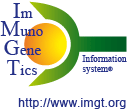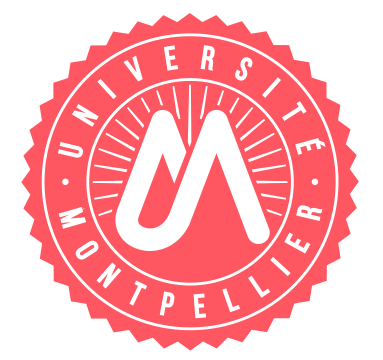Antibody engineering
Cetuximab
Cetuximab, a chimeric monoclonal for treating EGFR positive solid tumor (ImClone Systems, Incorporated).
Cetuximab (C225) is a chimeric monoclonal antibody that binds to the epidermal growth factor receptor (EGFR) on the outer surface of epidermal cells. The antibody inhibits cell growth by blocking the binding of EGF, inhibiting tyrosine kinase phosphorylation, and causing receptor internalization. Many solid tumors, including head and neck squamous cell carcinoma and colorectal adenocarcinoma, overexpress EGFR making them therapeutic targets for Cetuximab.
Cetuximab is expressed in SP2/0 myeloma cell line, grown in large scale cell culture bioreactors, and purified to a high level purity using several purification steps including protein A chromatography, ion exchange chromatography, low pH treatment and nanofiltration.
Data from a phase II clinical trial in refractory, colorectal patients will be used for a BLA submission in 2001. Refractory patients are patients who have failed standard of care treatments, including irinotecan (CPT-11). When Cetuximab is a added to irinotecan therapy, major response >50% tumor reduction or more has been observed in a significant percentage of patients treated.
Rituxan
Rituxan is the first chimeric monoclonal IgG1 that received FDA approval. The steps used in purifying Rituxan include protein A and anion exchange chromatography steps.
Lenercept
Lenercept (Genentech, Inc.) is a human IgG1 in which each Fab domain has been replaced by the extracellular domain of the TNF (tumor necrosis alpha) p55 receptor.



